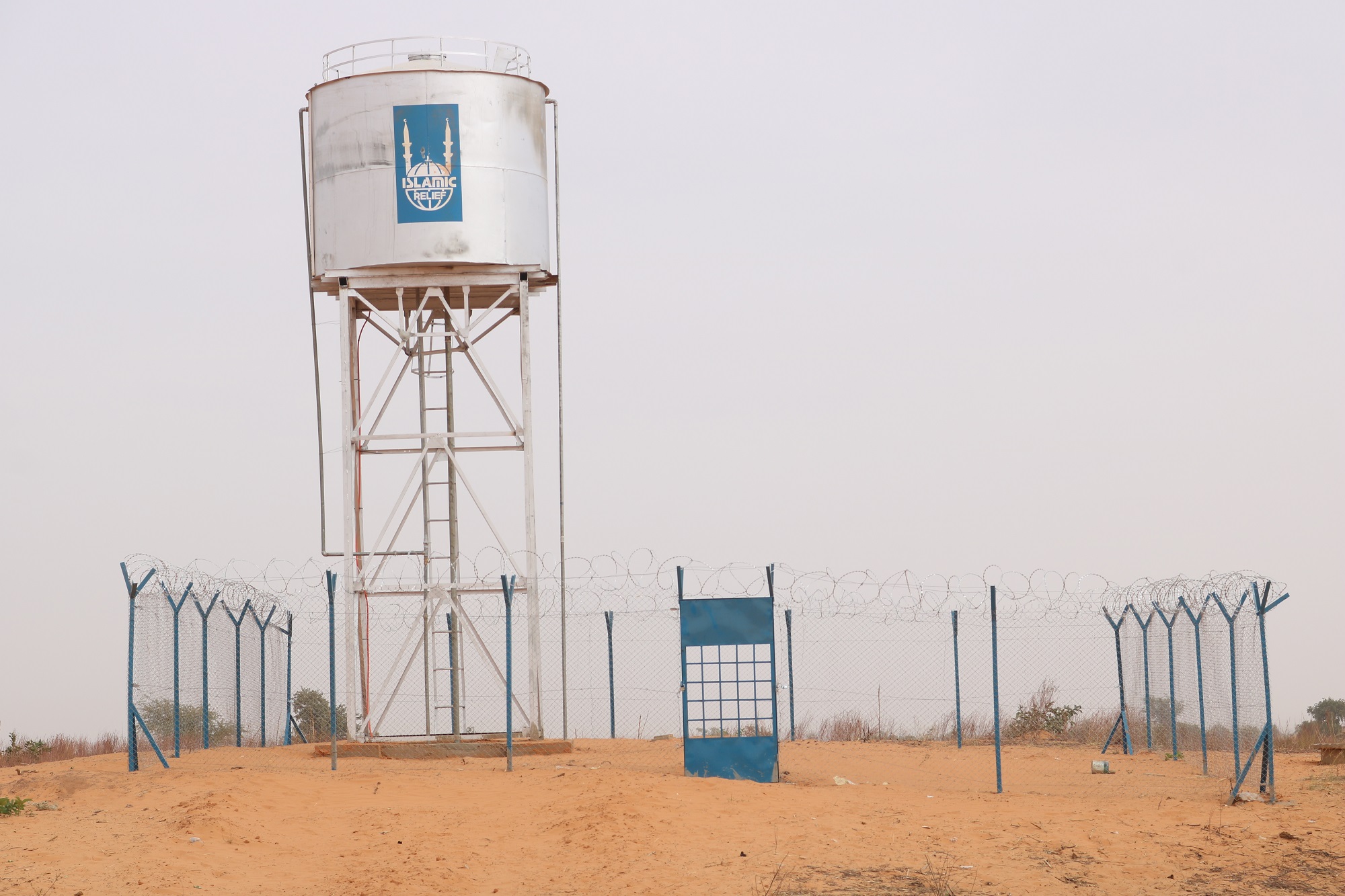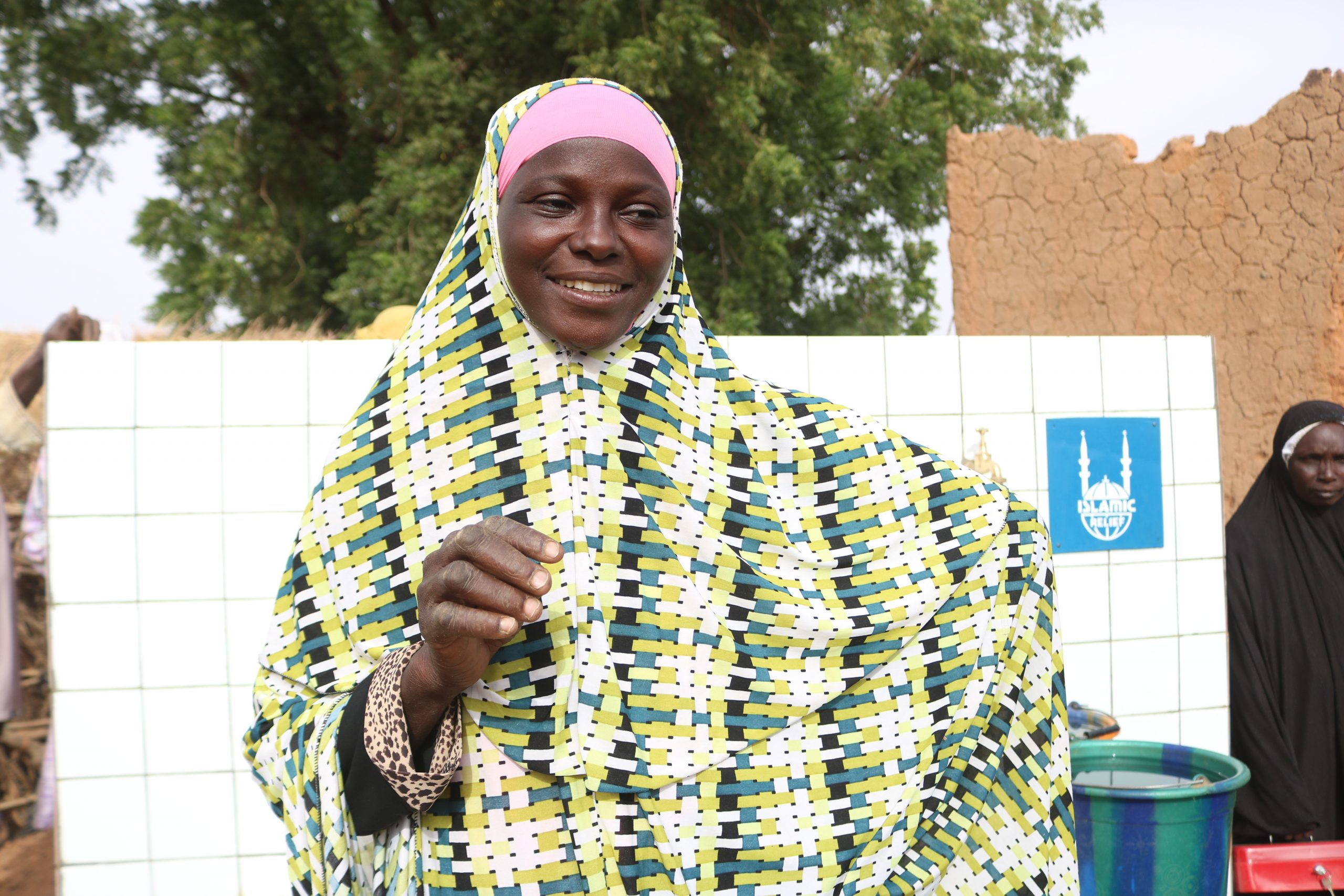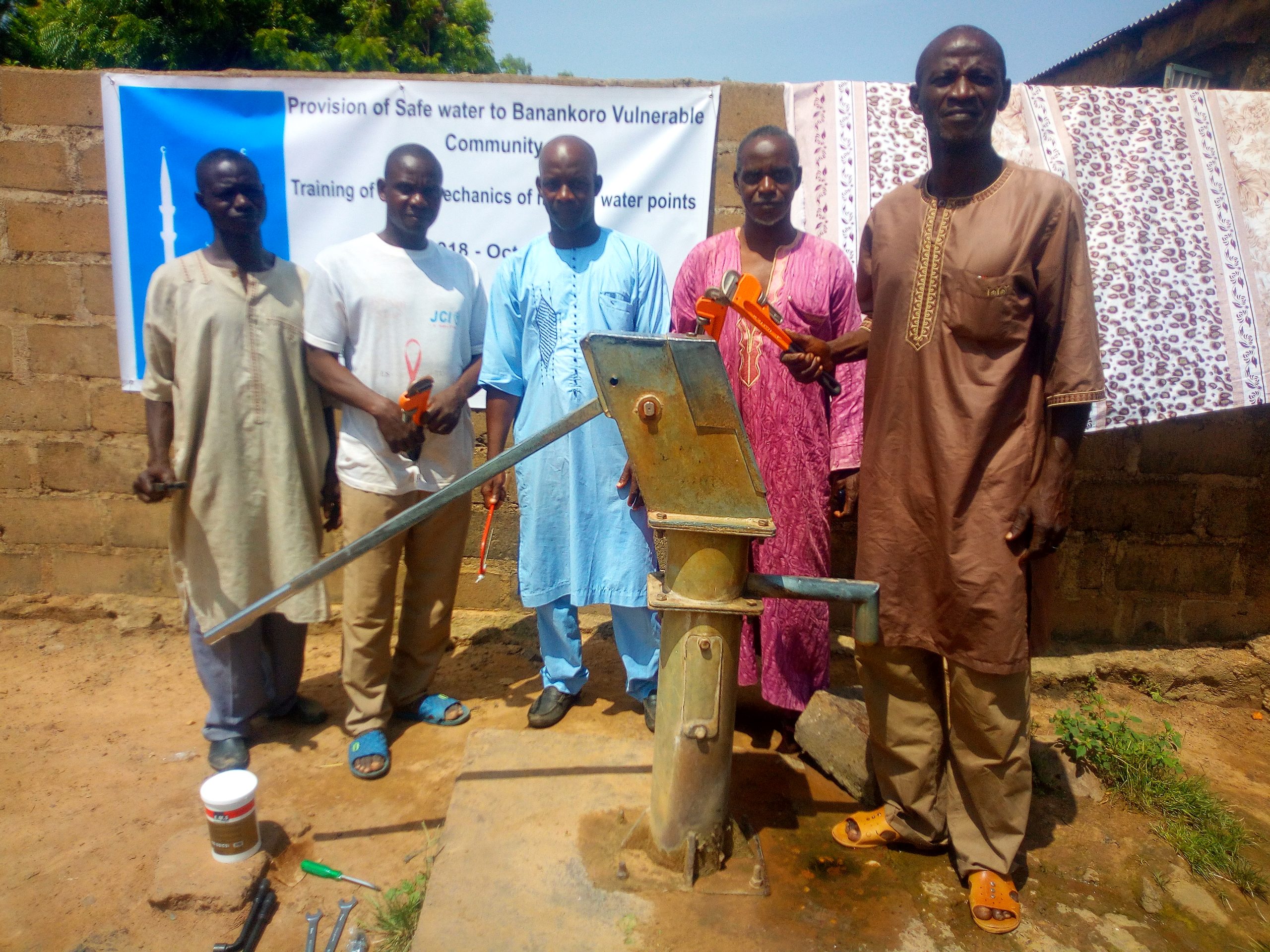Islamic Relief is determined that everyone should have access to clean water. In a world in which billions of people are without safe water, we are ending this injustice in poor communities around the world, including in Africa’s Sahel region.
The semi-arid Sahel region has been hit hard by the effects of climate change. Desertification, cyclical droughts, and erratic rains have added to existing challenges faced by millions of people living in the region. The most pressing priority, however, is access to safe drinking water.
Islamic Relief is helping vulnerable communities in Niger and Mali to solve their water access problems by using sustainable solar-powered technology.

In 2018, we installed solar-powered water distribution systems benefiting 18,700 people in total across Mali and Niger. Water management committees are established at each point, and training provided in technical and maintenance services, giving communities the skills needed to ensure the functioning of the systems in the long term. To avoid contamination, we set up designated laundry areas and animal watering points, and showed local people how to keep healthy through good hygiene practices.
The modern systems use solar-powered technology to feed water to taps and have dramatically reduced the time and effort women and children spend fetching water. Before the intervention, communities would have to collect water from wells using ropes and buckets, taking hours each day and exposing them to harmful waterborne diseases.
Collecting water: a hard and demanding daily task
For Ramatou Yayé, a 28-year-old, from Harigana village in Niger, getting water for her household was exhausting. “I used to collect water from the main open well of the village. Water fetching and transporting is the worst domestic task for me,” explains the mother-of-five.

“I feel a lot of pain due to the hardship of the task. Every day I collect ten water tagalas (two 10 litre buckets) – eight in the morning and two in the afternoon, sometimes up to Maghrib prayer time. If I am late going to the well in the hot season, I will not be able to get enough water before the night. As I have animals my household need for water is high.”
Open wells tend to dry up quickly, creating water shortages which can last for months. They are also at risk of contamination, spreading waterborne diseases such as typhoid and bilharzia. “The biggest problem is that even when I am sick I have to go and fetch water, otherwise there won’t be any water for the household,” says Ramatou.
“The well water was dirty and sometimes had insects in it. We just removed them and used the water. That is why sometimes we suffered from stomachache or see children with diarrhoea.
“The Islamic Relief project provided us with safe drinking water from a borehole, a tank and solar panels. We have three water points with taps for women across the village. They have also installed taps in the health centre, the school and the mosque. Outside of the village they have installed a point where we can water our animals. The water is so clean and tasty. Women are very happy with the project.”
Better water access means more time for school and livelihoods
In Banankoro village in Mali, the children are glad to be relieved from water collection chores. The daily duty, which falls mainly on girls, would regularly make them late getting to school which is located in another village. Improved access to water has meant more time in class.

The project also helped some villagers supplement their income. Moussa Diarra volunteers for Banakoro’s water management committee and received essential maintenance training.
“Since I was born 45 years ago, our village has never had a project of this importance. There is only one pump and although it still works the water is not of good quality. The taste is bitter,” explained Moussa.
“When it broke down the village would take at least two weeks to repair it due to lack of means. The repairer came from Bamako or Koulikoro to make the assessment and give the price. Fundraising was not easy, we went door-to-door to collect money. But [the project] has made people more accountable for their situation.
“Volunteers, including myself, have been trained and equipped with repair and maintenance kits. I now also repair the pumps of other villages or some individuals.
“Thanks to Islamic Relief I was trained for free, and I earn a living using the skills that I was taught. I earn at least 5,000 XOF (£6.50) per week thanks to small plumbing repairs.”
With your support, Islamic Relief has empowered communities across Niger, Mali and beyond to take ownership of sustainable water systems, improving their health, safety and quality of life.
Last year alone, nearly 183,000 people benefited from our water, sanitation and hygiene projects. Together, we can help even more. Please support our work: Donate today.










